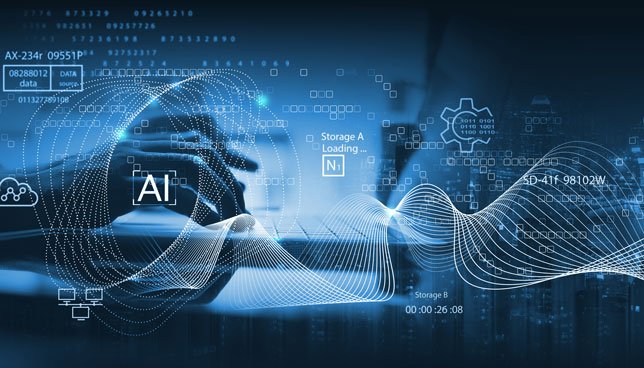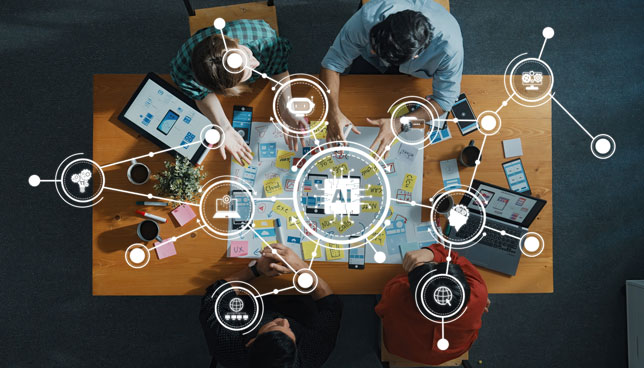
Assessment and research organization NWEA recently launched a free dashboard tracking national trends and data on U.S. student academic achievement and growth.

Professional learning platform Edthena has introduced Observation Copilot, an AI tool for principals designed to streamline the process of writing up framework-aligned teacher feedback from classroom observation notes.

Savvas Learning Company has introduced enVision+ Mathematics, the latest version of its math program or grades K-8.

Microsoft has introduced a major update to its Copilot AI platform, adding new features to make the system more personalized, collaborative, and integrated across its suite of products.

OpenAI has unveiled ChatGPT Atlas, a standalone browser that places ChatGPT at the heart of everyday web activity. This release represents a major expansion of the company's efforts to reshape how users search, browse, and complete tasks online.

The 1EdTech Consortium recently announced it will lead a cross-sector collaboration "to define how AI can responsibly and effectively support teaching and learning."

Printers may not be glamorous, but they are an often-overlooked attack vector that should be part of every district's cybersecurity strategy.

CrunchLabs, the maker of STEM activity kits for kids founded by NASA engineer turned YouTube science communicator Mark Rober, has launched Class CrunchLabs, a collection of free standards-aligned science curriculum resources that combine video storytelling with hands-on classroom challenges.

Learning platform Brainly has announced ClarityPods, a library of audio sessions designed to help improve students' focus, emotional regulation, and self-belief.

CoSN and SETDA, in partnership with IT and telecommunications solution provider UDT, recently released a set of Sustainability Procurement Guidelines designed to help K-12 school and district leaders, procurement officers, and technology directors make purchasing decisions that are both environmentally responsible and operationally effective.